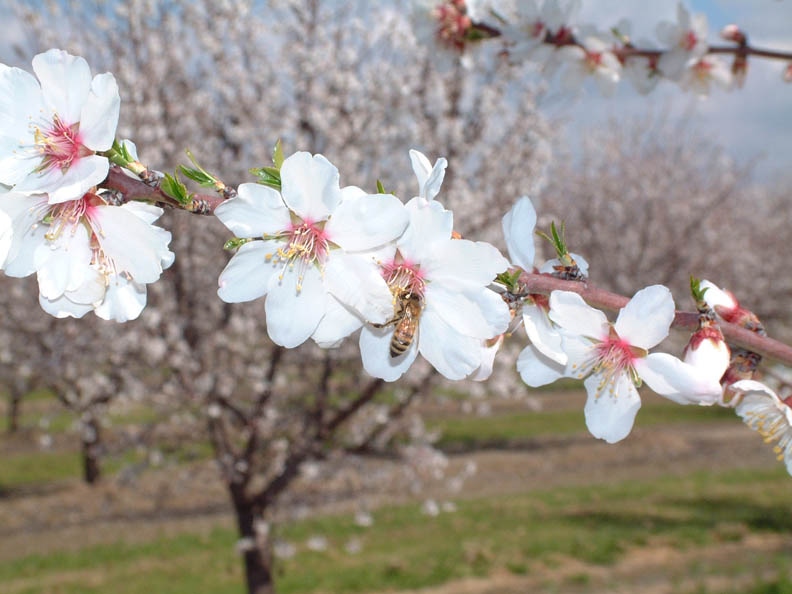April 27, 2012

Insecticides known as neonicotinoids are used extensively across the Corn Belt according to University of Illinois professor of entomology and crop sciences Extension coordinator Mike Gray.
“This class of insecticide, which includes clothianidin and thiamethoxam, is widely used in the form of insecticidal seed treatments,” he said. “Imidacloprid, another neonicotinoid insecticide, is used widely in urban and suburban landscapes to protect ornamentals from insect injury.” Overall, these products are used extensively in both urban and rural settings and are a source of concern.
Recently, Purdue University associate professor of entomology Christian Krupke offered a webinar that provided information on this important topic, which is available at http://www.extension.org/pages/63369/protecting-honey-bees-during-corn-and-soybean-planting-season.
In addition, he collaborated on a paper titled Multiple Routes of Pesticide Exposure for Honey Bees Living near Agricultural Fields. The paper was published in the journal PLoS ONE (Volume 7, Issue 1) in January 2012.
Last month, two other papers were published on this topic in Science Express. Researchers from the U.K. published Neonicotinoid Pesticide Reduces Bumble Bee Colony Growth and Queen Production, which can be found at http://www.sciencemag.org/content/early/2012/03/28/science.1215025.full, and a group of French scientists published A Common Pesticide Decreases Foraging Success and Survival in Honey Bees, available at http://www.sciencemag.org/content/early/2012/03/28/science.1215039.full.
“I encourage readers to go through this information and, most especially, view the webinar,” said Gray. “Other scientific investigations are surely underway and will contribute to our overall understanding of this important issue.”
You May Also Like




